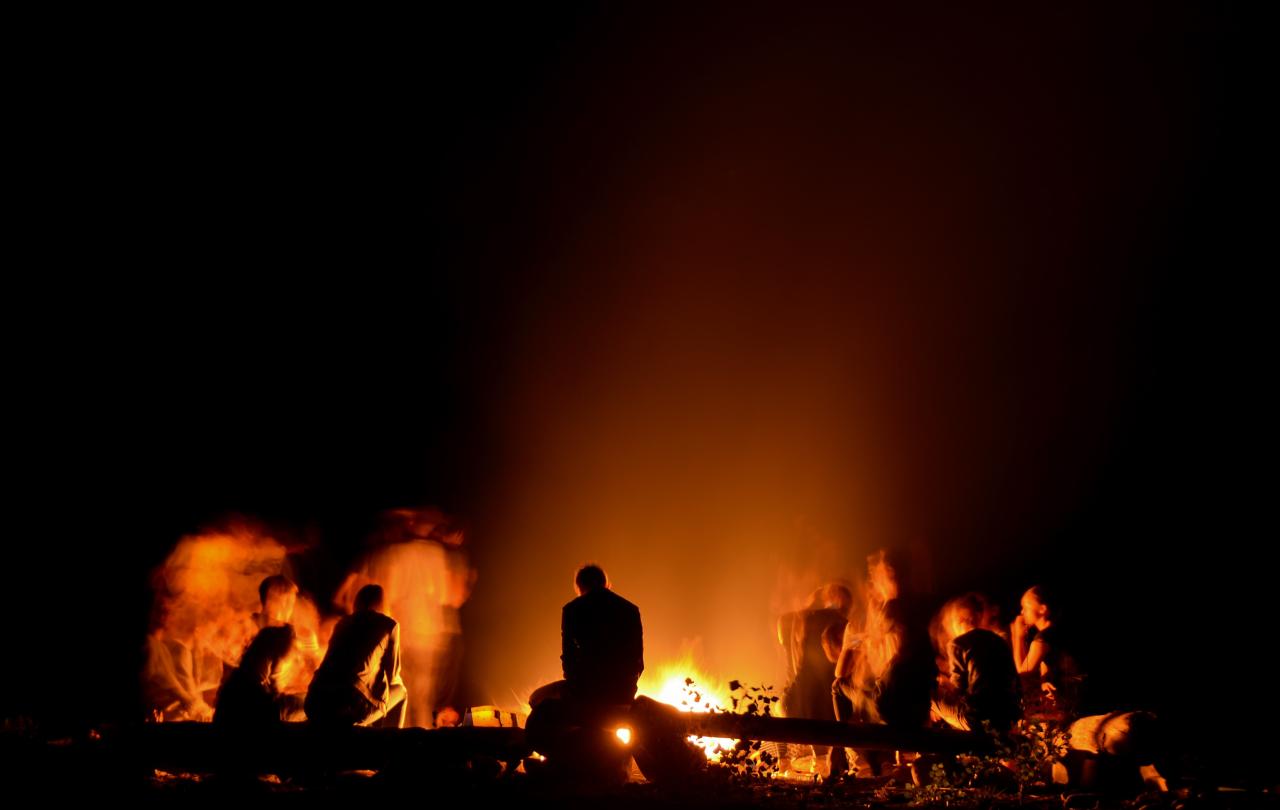I remember standing at the base of Grenfell Tower on the morning of the 14th June 2017, talking with firefighters, gathering clergy to act as emergency volunteers, praying with evacuees from the surrounding blocks, as the building still smouldered. At the time the question on everyone’s lips was: how could something like this happen in sophisticated twenty-first century Britain?
Now we know.
In one sense the Public Inquiry into the Grenfell tower fire told us nothing new. Few people who have followed the Inquiry over the last six years will have been surprised by its conclusions. What is new is to see the dreadful catalogue of ‘incompetence dishonesty and greed’ laid out in excoriating detail for all to see.
So what should happen now? At least six things must be on the agenda:
-
Combustible cladding on remaining buildings around the country should be removed as soon as possible. Government estimates suggest there are 4,600 buildings around the country with unsafe cladding. Less than one third of them have had their remediation completed, and work is yet to start on half of them. And, astonishing as it may sound, this is now more than seven years after Grenfell. Cladding that is illegal on new buildings can still remain on existing ones. Developers and owners who are responsible for this state of affairs should be made to pay for the remediation rather than passing those costs on to leaseholders, or delaying remediation for technical and bureaucratic reasons. Institutional resistance to this, as outlined recently by Michael Gove, someone who from my dealing with him on Grenfell, was one of the better politicians to deal with this issue, has to be overcome with urgency.
-
Prosecution of those who have been identified in the inquiry as bearing responsibility for the fire should also be brought as soon as possible. The police investigation suggests that it will be a number of years before court cases take place. The victims of this tragedy have already had to wait seven long years and now face the prospect of another three or even more years until justice is served. That is too long.
-
Those named and shamed in the report should examine their own hearts. Some remorse and apology has been evident from some, but not enough. Many still deny responsibility despite seven years of evidence-gathering. This is not a matter of revenge, but an indispensable step towards justice for everyone. Those named have presumably carried a burden of guilt over these past years. The Christian doctrine of repentance, confession and absolution tells us that there is a relief in finally admitting culpability, bearing the penalty, and finally, once all this has happened, receiving a measure of absolution.






